The US Justice Department has offered a plea deal to Boeing over allegations that it has violated a previous deferred prosecution agreement issued in 2021.
Reuters first reported on the details of the deal, which some victim families of those who died aboard Boeing planes feel constitutes a “no-accountability-deal” that they would “strenuously object” to.
Deferred Prosecution Agreement
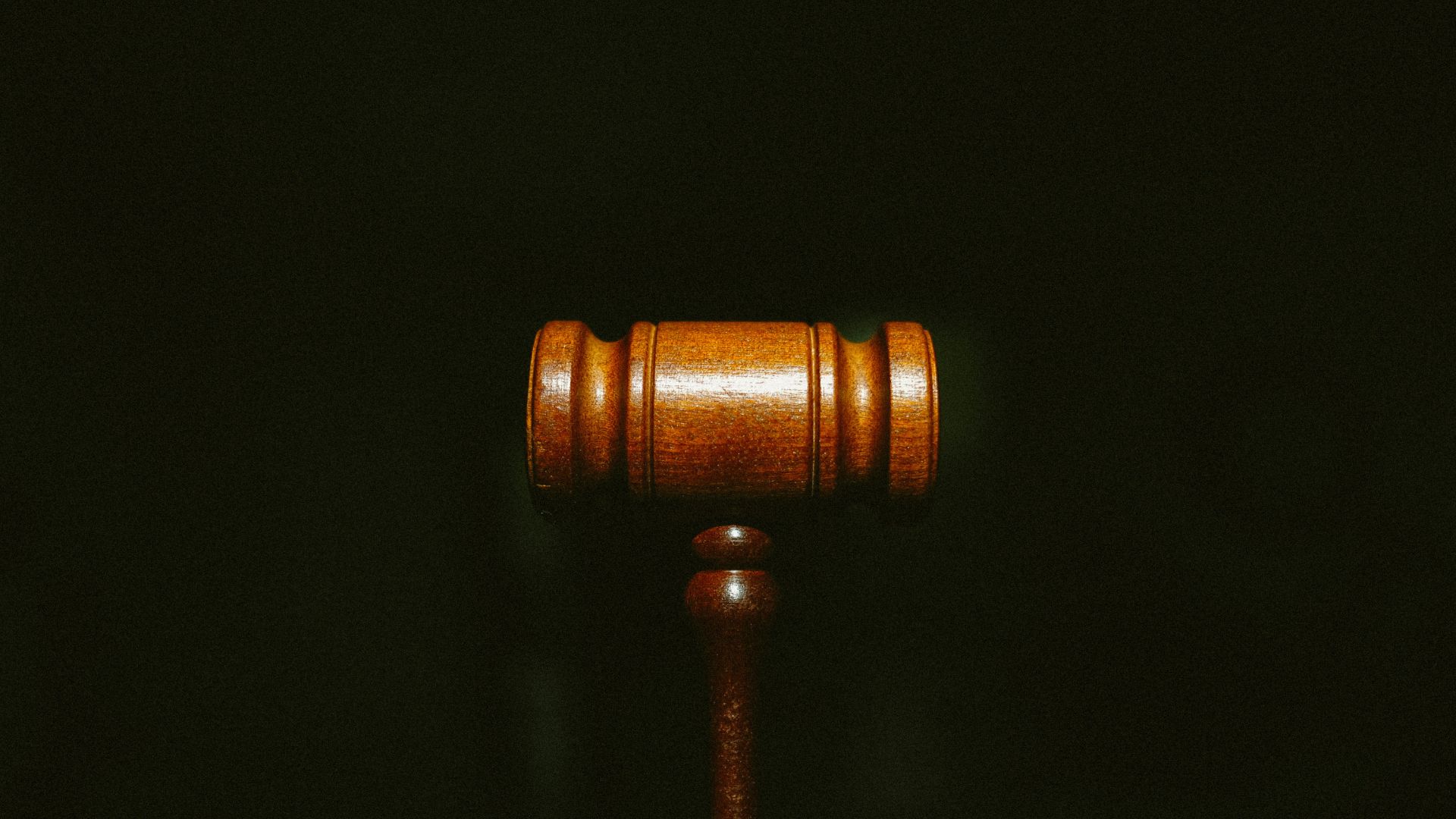
In 2021, the US Justice Department entered an agreement with Boeing to defer prosecution of two 737 MAX crashes in 2018 and 2019 if they followed certain conditions.
Boeing agreed to make a $2.5 billion payment and had to implement new compliance and ethics programs. If Boeing kept its end of the bargain, the charges against them would have been dropped in July of this year.
Violating the Agreement

Fast forward to today and the Justice Department has accused Boeing of violating this deferred prosecution agreement and having failed to set up sufficient compliance measures. Federal prosecutors in May told a judge that Boeing had violated the agreement terms.
However, Boeing denies violating the agreement, saying in June that it disagreed with this assessment from federal prosecutors and that it had been complying with the agreement.
New Context
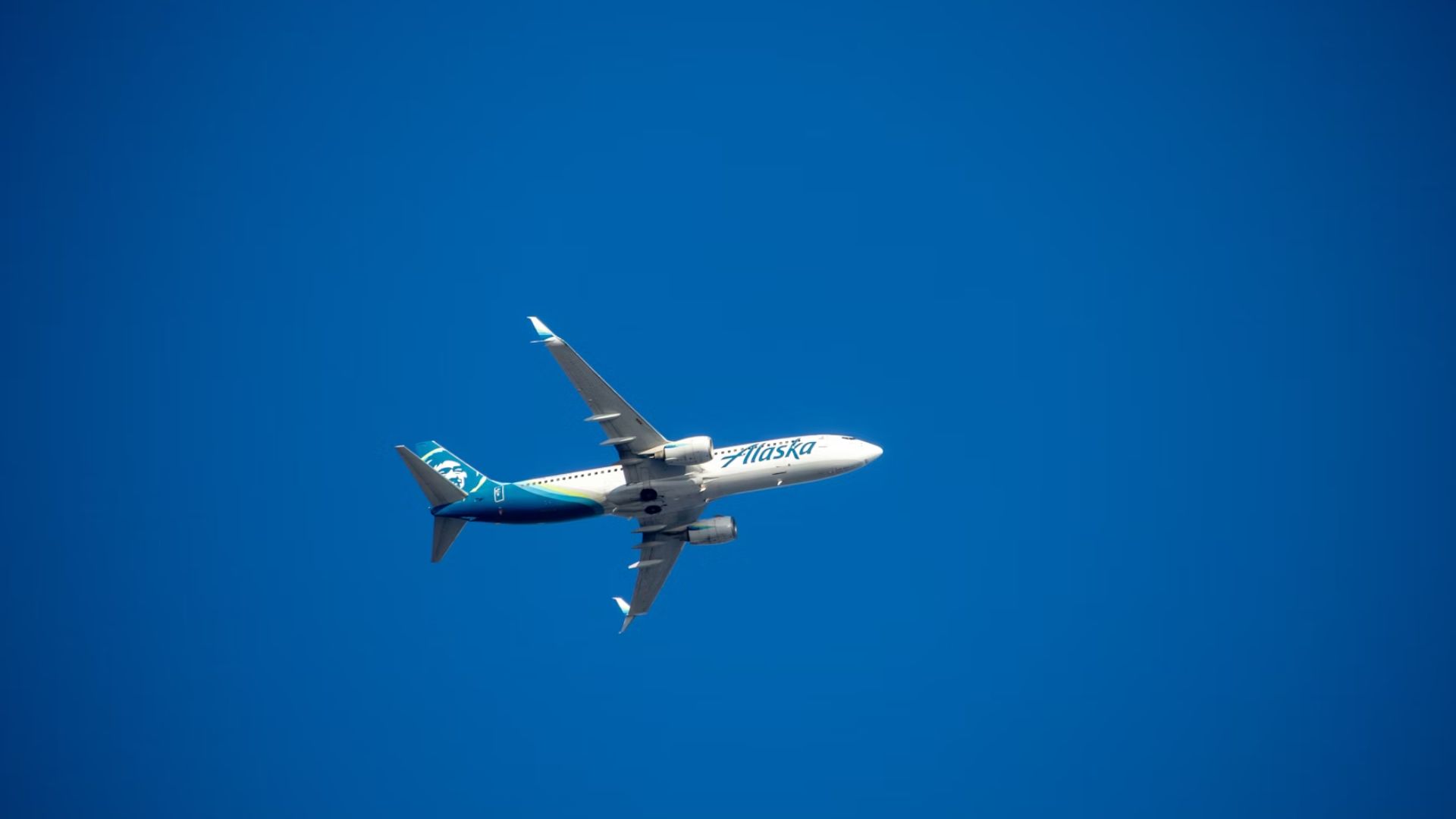
While the prosecution agreement dealt with plane crashes that happened in 2018 and 2019, renewed interest from federal authorities into Boeing was sparked by a January incident where an Alaska Airlines flight had a mid-air door blowout.
In March, CBS News reported that prosecutors had been investigating if anything contributing to the blowout might impact the deferred prosecution deal.
Justice Department Pushing For Guilty Plea
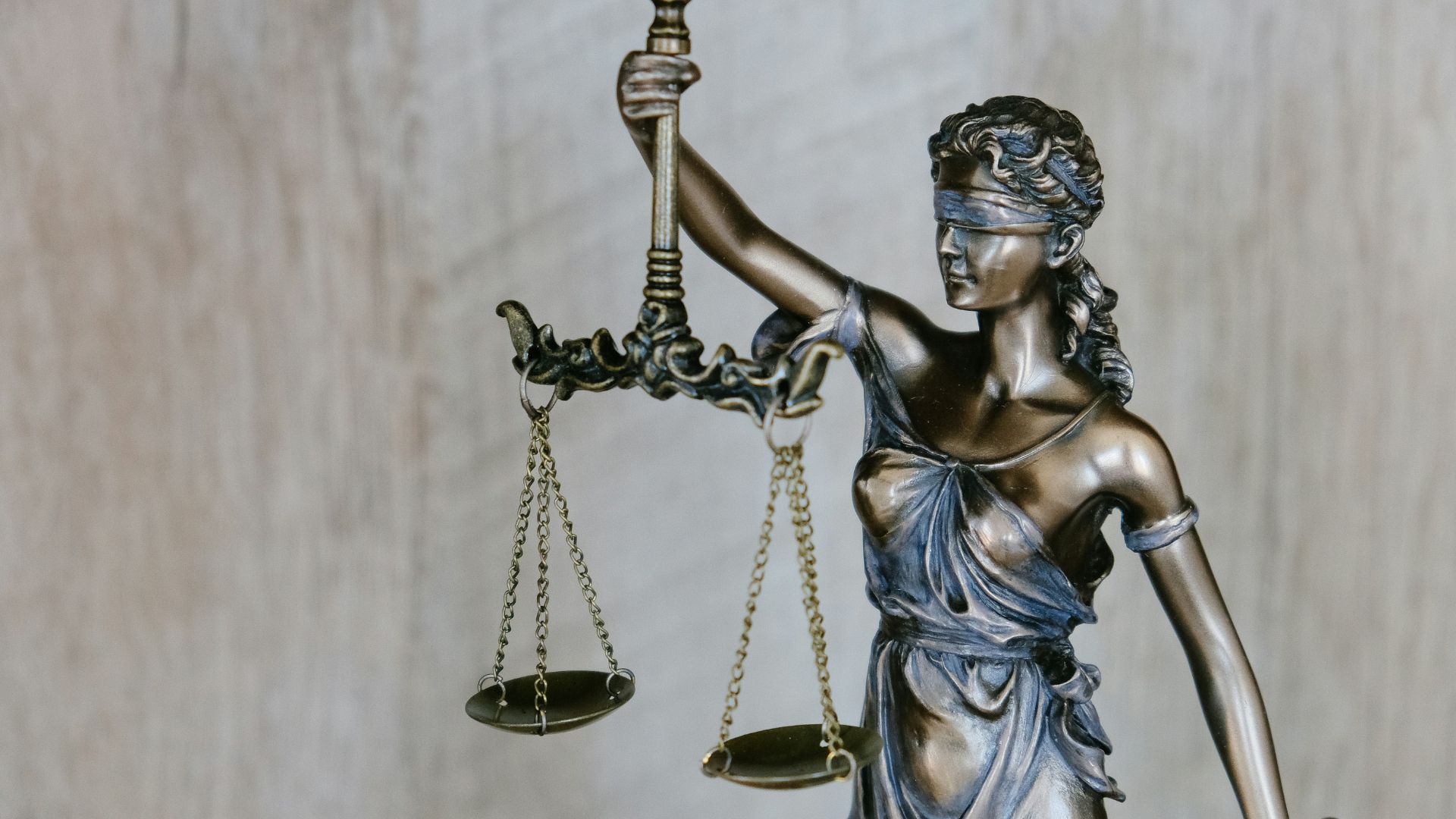
Reports suggest that the Justice Department offered Boeing an ultimatum, either it could accept a guilty plea for violating the deferred prosecution agreement or it could face a criminal trial.
The agreement was given to Boeing on Sunday and would require the company to plead guilty to a charge of conspiracy which would have the penalty of a fine and a probationary period.
Telling Families
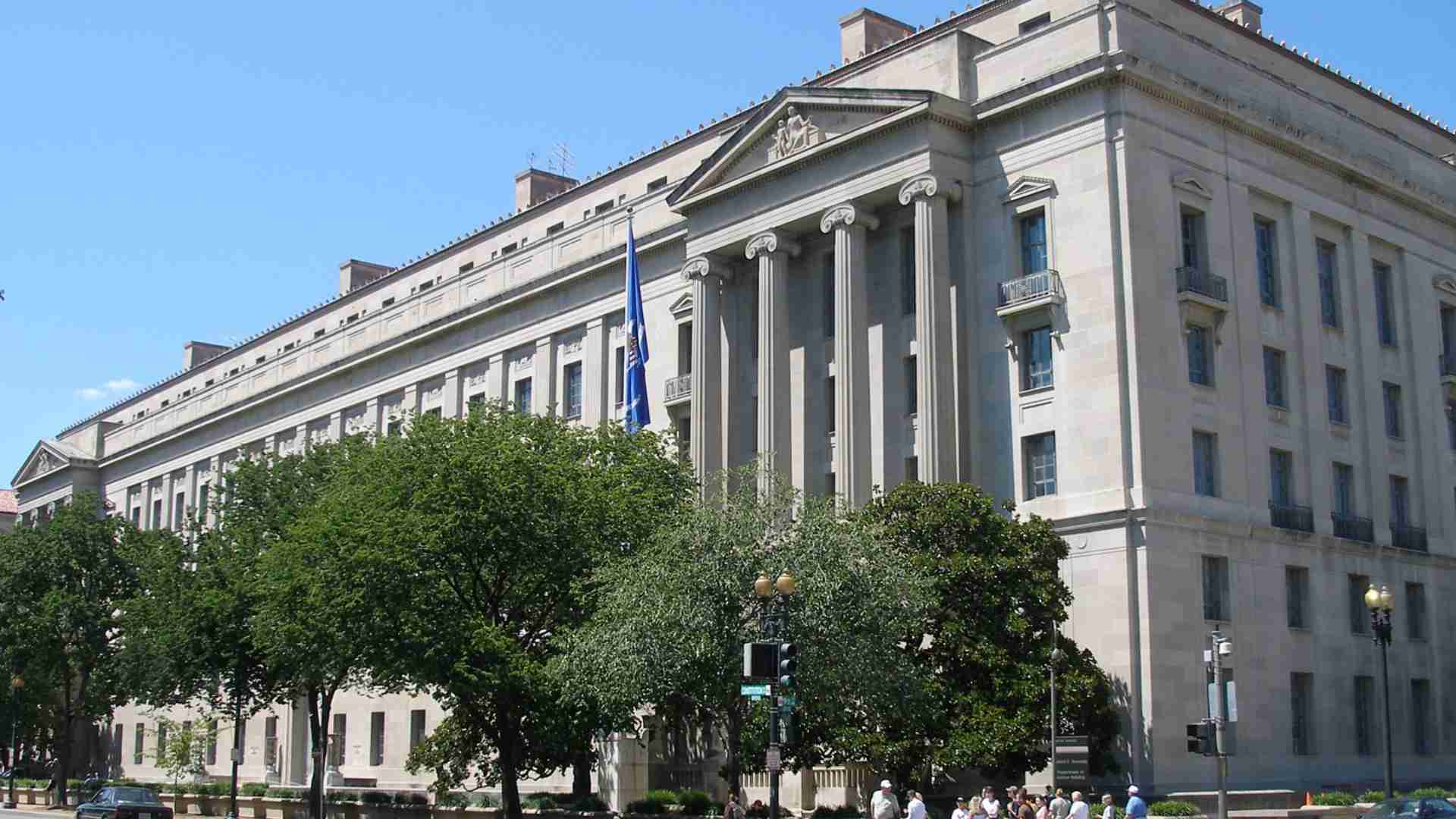
The Justice Department also gave a presentation of the deal to the family members who were victims of the 737 MAX crashes before presenting it to Boeing. However, a representative for 15 victim families was highly critical of the deal in public comments.
Paul Cassell, an attorney for the victim families, told CBS News that this was a “sweetheart plea deal” and that victim’s families intend to “strenuously object” to it.
Sweetheart Deal
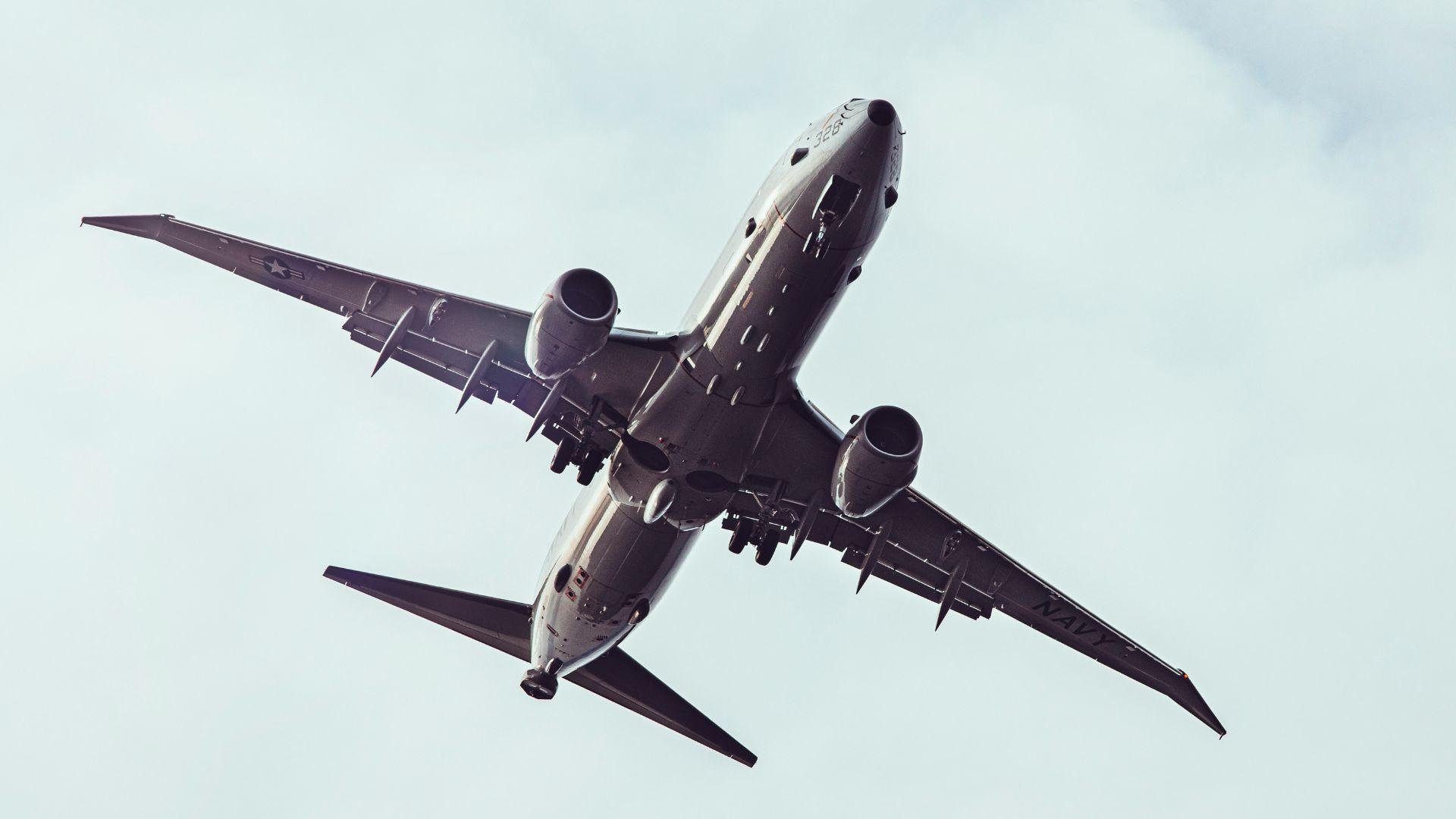
Cassell objected to the fact that this deal would not hold Boeing properly accountable for the deaths of 346 people and urged the Judge in the case to reject this “sweetheart deal” for Boeing.
“The deal will not acknowledge, in any way, that Boeing’s crime killed 346 people. It also appears to rest on the idea that Boeing did not harm any victim,” Cassell said. “Judge O’Connor will have to decide whether this no-accountability-deal is in the public interest. … The memory of 346 innocents killed by Boeing demands more justice than this.”
Unhappy Families
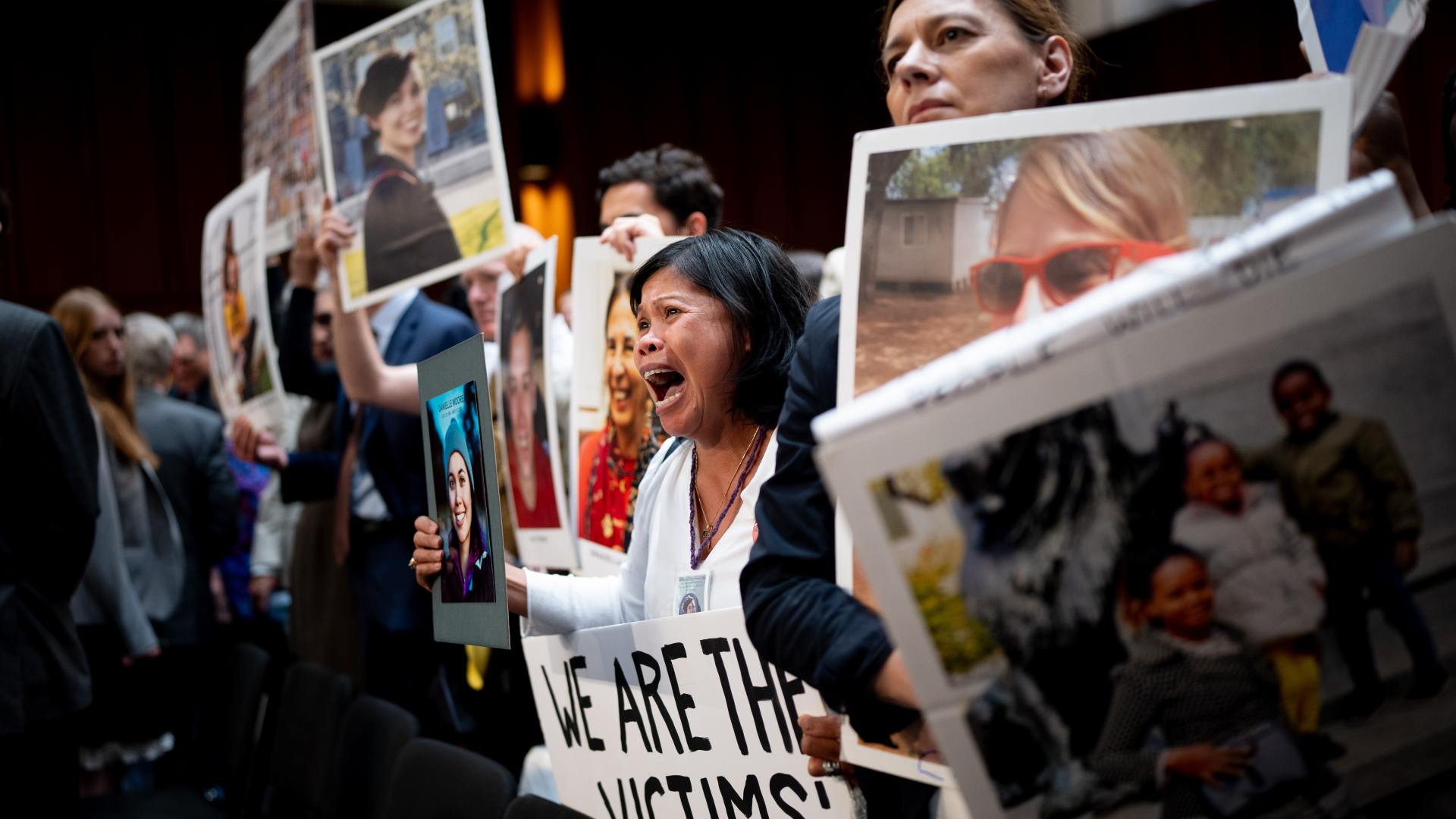
Lead counsel in a civil case against Boeing in Chicago, Robert A Clifford, spoke in a statement about the deep anger the victim families feel at the DOJ’s decision to offer what they feel is such a light plea deal for serious crimes.
“I can tell you that the families are very unhappy and angered with DOJ’s decisions and proposal,” said Clifford in a statement. “There is no accountability, no admission that Boeing’s admitted crime caused the 346 deaths, and the families will most certainly object before Judge Reed O’Connor and ask that he reject the plea if Boeing accepts.”
Justice Department Rationale

Reportedly, the Justice Department was sympathetic to victims’ families that wanted Boeing held accountable in a criminal trial but ultimately felt that it may be unable to come away with a victory in court.
In a criminal trial, a high standard of proof is required, and the state would have to prove its case “beyond a reasonable doubt.”
Trial Versus Plea
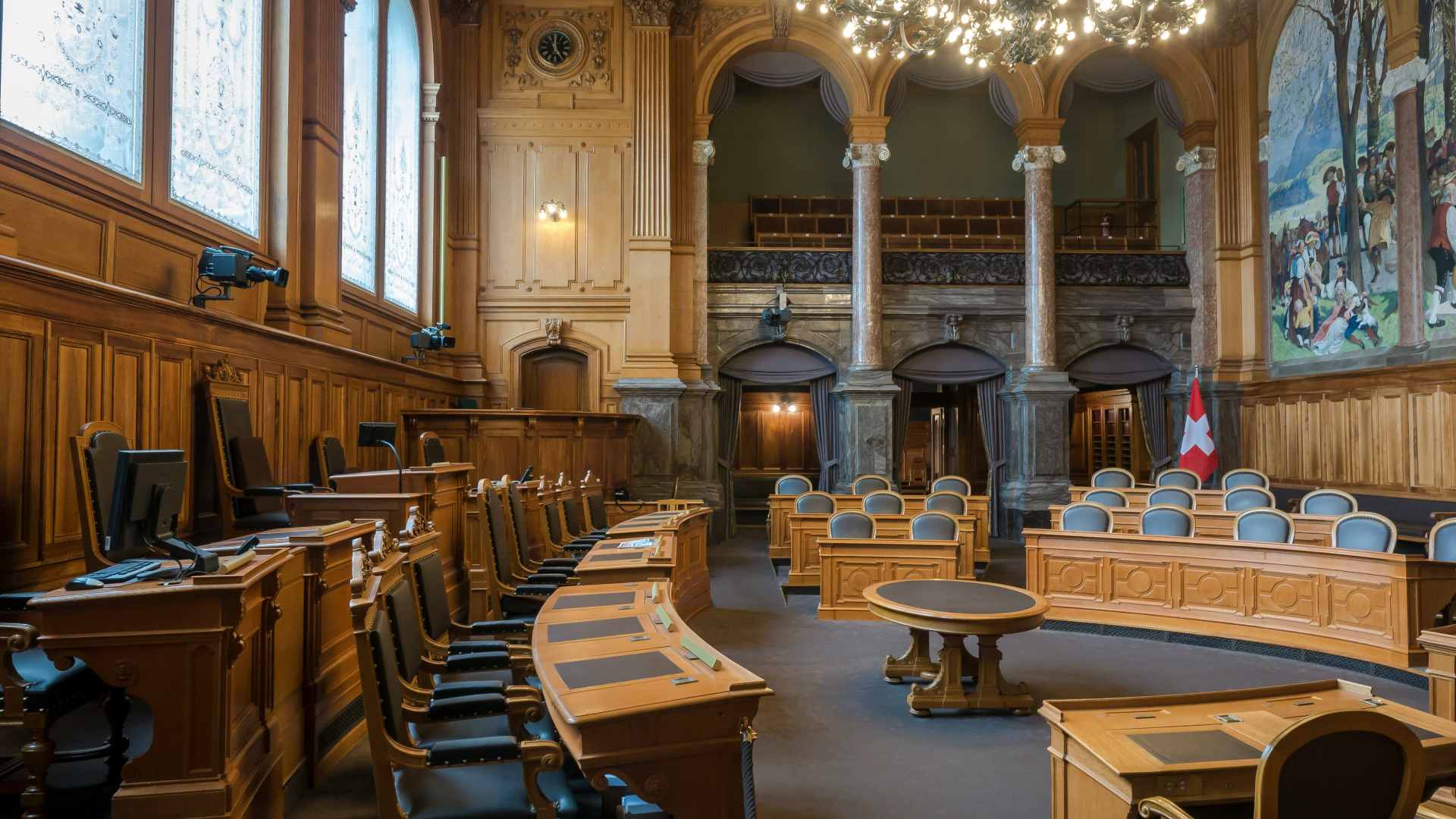
Javier de Luis, a member of the Federal Aviation Administration’s expert review panel on Boeing’s safety culture and whose sister was killed during the 2019 crash, pushed back against the DOJ’s rationale.
“The issue is not whether there should be trial vs a plea deal. The issue is that the penalties being proposed by the DoJ are totally inadequate both from the perspective of accountability for the crimes committed, and from the perspective of acting in the public interest by ensuring a change in Boeing’s behavior,” said de Luis.
Nothing Has Changed
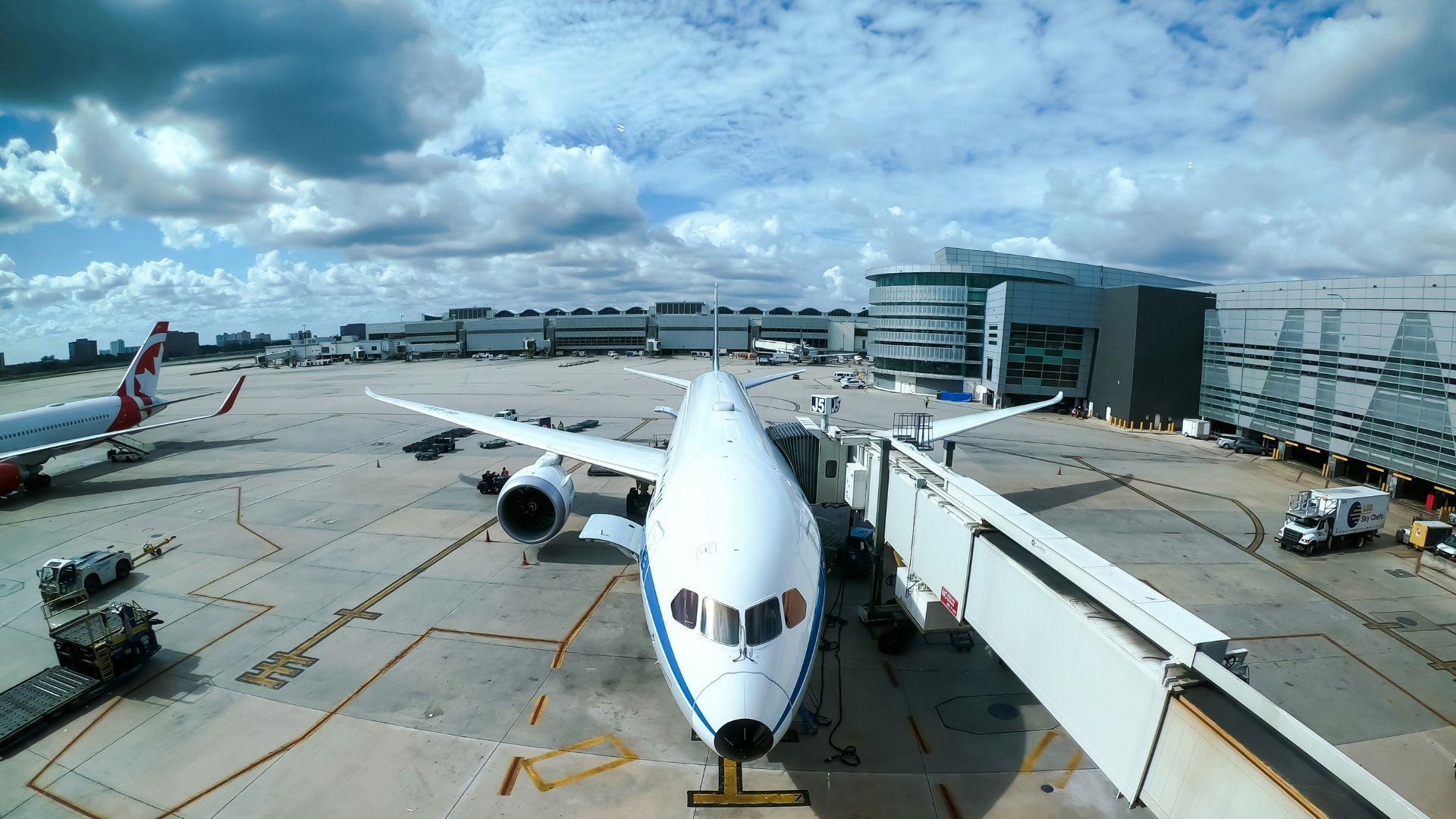
In his statement, de Luis referenced the door blowout on an Alaska Airlines flight this January, pointing out how the penalties are exactly the same this time as they were last time despite Boeing continuing to mess up.
“The penalties proposed here are essentially the same as those proposed under the previous DPA which, as Alaska Air demonstrated, did nothing to increase the safety of the flying public,” de Luis said.
Shameful Agreement

Erin Appleabaum, a representative of 34 families of victims put out a statement that framed the plea deal as egregious and shameful.
“The 737 MAX families vigorously oppose the shameful new sweetheart deal between Boeing and the Department of Justice. While falsely depicting itself as a punishment for Boeing since it includes a guilty plea, the deal levies a negligible fine, imposes a monitor for just three years, allows Boeing to hand-select that monitor, and most egregiously, completely fails to mention or recognize the dignity of the 346 people murdered by Boeing’s negligence,” said Applebaum.
